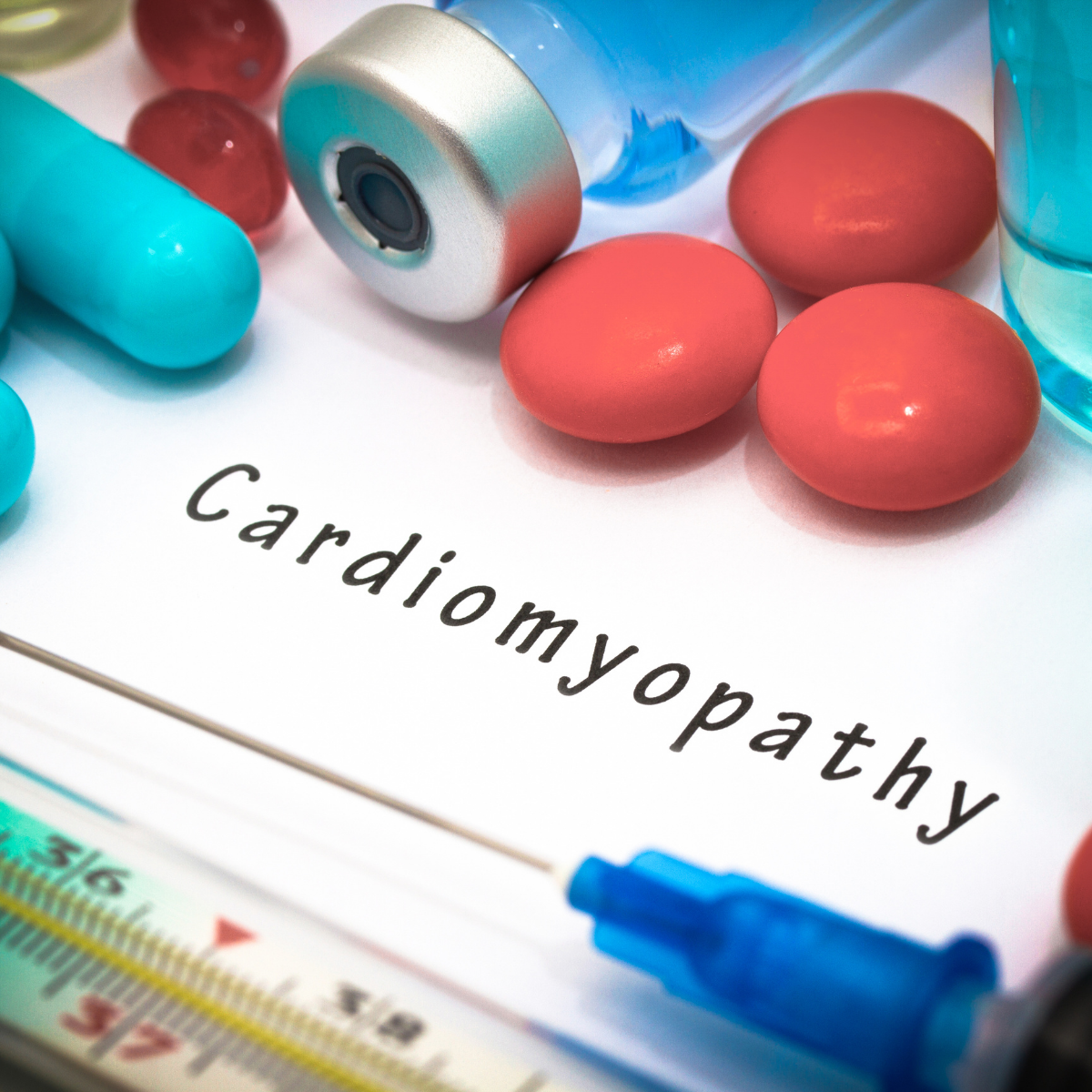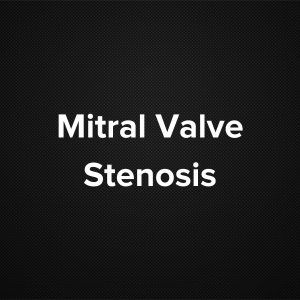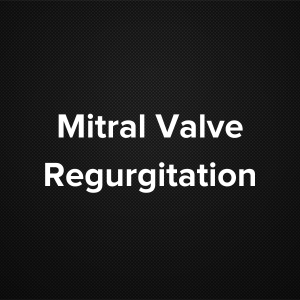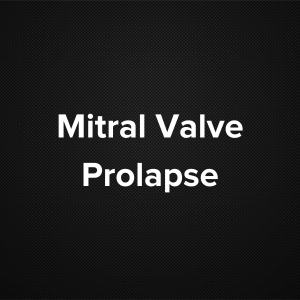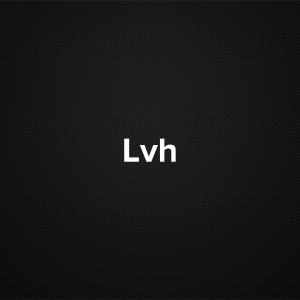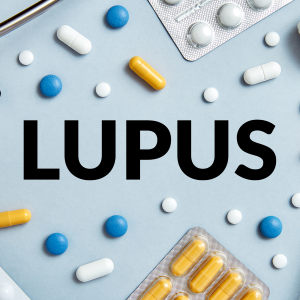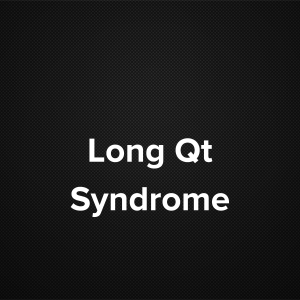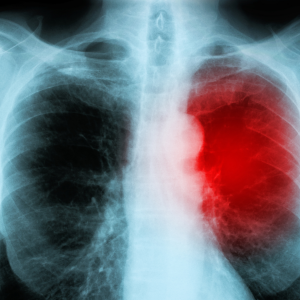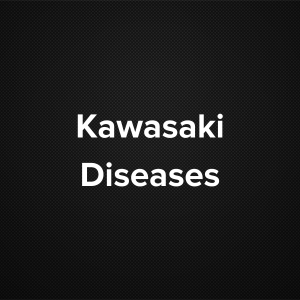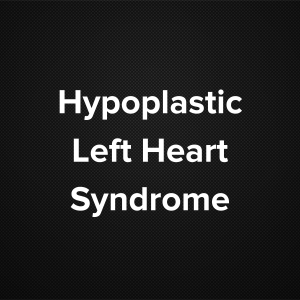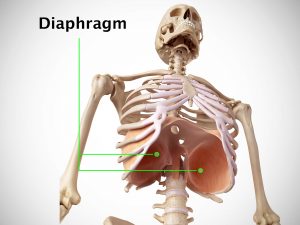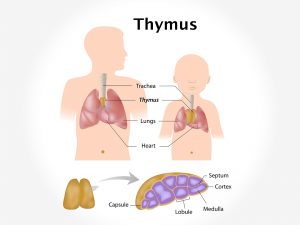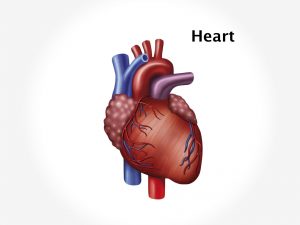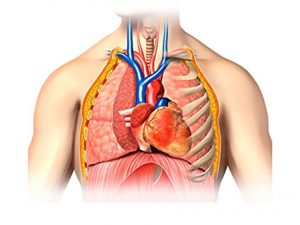Causes and risk factors
In most cases the cause is unknown. Almost, one third of the people who have dilated cardiomyopathy inherit it from their parents. In other cases the common causes are Coronary artery disease, poorly controlled high blood pressure, infections that involve the heart muscle, such as viruses, HIV infection, Chagas disease, and Lyme disease, Atrial fibrillation, supraventricular tachycardia, or other heart rhythm problems in which the heart beats very fast for a long period of time [called Tachycardia-mediated cardiomyopathy]. End-stage kidney disease, autoimmune illnesses such as systemic lupus erythematosus and rheumatoid arthritis also cause the disease. Pregnancy, inherited disorders such as muscular dystrophy predispose to the condition. Stress-induced cardiomyopathy, alcohol [alcoholic cardiomyopathy] or cocaine abuse cause dilated cardiomyopathy. Medications, trace elements, such as lead, arsenic, or mercury. Deficiencies of certain vitamins and minerals [thiamine, calcium, magnesium] lead to the disease. Men are more likely than women to have this type of cardiomyopathy.
Clinical presentation
Usually, the symptoms of dilated cardiomyopathy develop slowly over time. However, sometimes symptoms start very suddenly and are severe. Symptoms of heart failure are most common. Common symptoms are Irregular or rapid pulse, shortness of breath with activity, chest pain. There is swelling of feet and ankles, swelling of the abdomen.Fatigue, weakness, faintness, loss of appetite is present. Cough may be present. Additional signs and symptoms include decreased alertness or concentration, low urine production, increased urinary frequency at night. Listening to the chest with a stethoscope reveals lung crackles, heart murmur, or other abnormal sounds.The liver may be enlarged. Neck veins may be bulging.Patient presents with features of shock.
Investigation
Medical history by the patient and Clinical examination by the doctor helps in diagnosis. ECG is recommended. Laboratory investigations include Antinuclear antibody [ANA], routine blood tests, Antibody test to identify infections such as Lyme disease and HIV, Serum TSH and T4 test to identify thyroid problems. Imaging studies such as Echocardiogram,Chest CT scan or MRI of the heart, Chest x-ray, Nuclear heart scan [MUGA, RNV] are done. Other tests include, stress test, Cardiac catheterization, and coronaryangiography.
Treatment
Treatment options include medications and surgery. Treatment for cardiomyopathies focuses on treating heart failure. Drugs that dilate blood vessels [vasodilators] , diuretics are prescribed. Correcting arrhythmias is necessary. Some people may benefit from the following heart devices like pacemaker, Implantable cardioverter-defibrillator, Left ventricular assist device [LVAD]. Lifestyle changes such as avoidance of smoking, tobacco, alcohol; simple regular exercise, low sodium intake will also contribute to the treatment.
